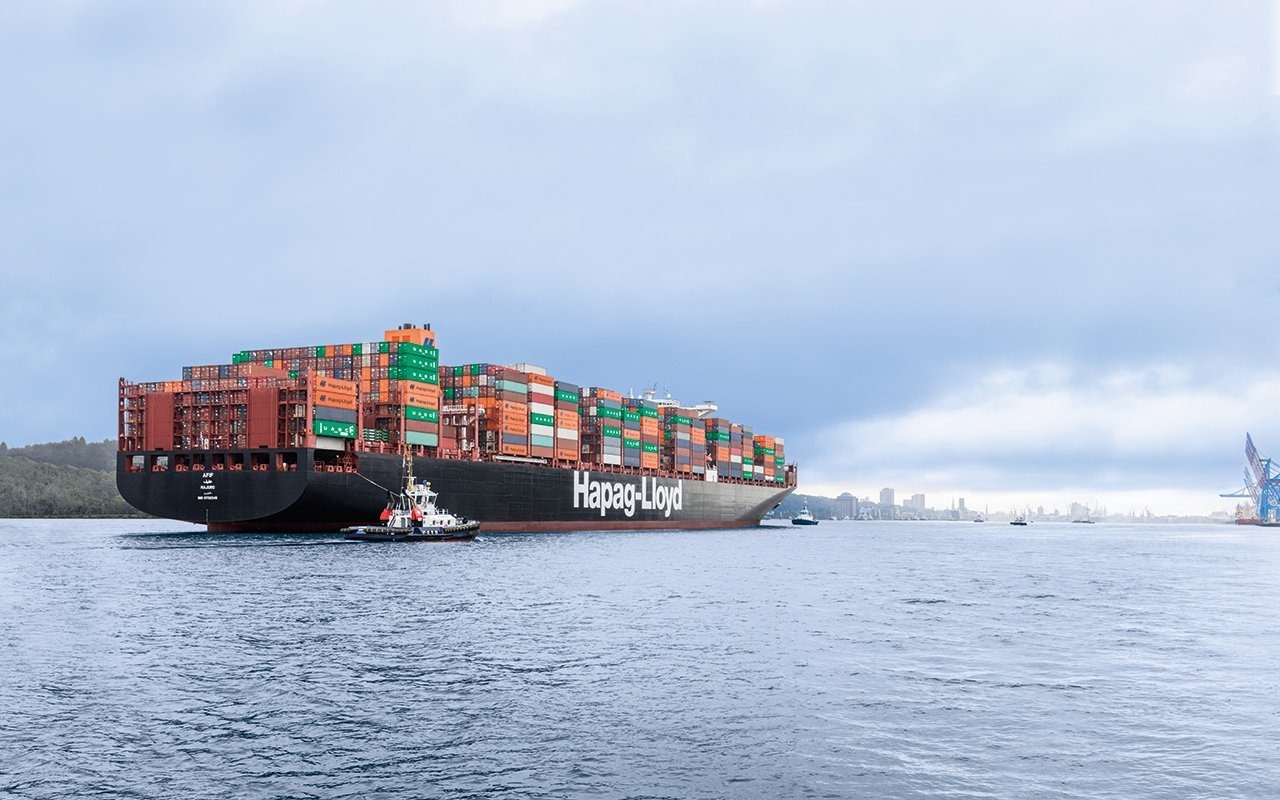
Industrial relations are becoming increasingly strained in port terminals, which are being hit hard by the current disorganisation of the shipping lines. This poses a risk which the shipping companies should not take lightly.
Container terminals need visibility to be able to plan their work and personnel deployment schedules efficiently. It is clear today, however, that the days when the terminals worked like metronomes, as the regularity of weekly shipping services and port calls enabled them to pre-format their operations, are little more than a distant memory. Since the start of the pandemic, shipping line disruption and changes to sailing schedules have reached unprecedented levels.
The reality on the ground is order, counter-order, disorder. The shipping companies' booking services are striving with admirable abnegation and resilience to best meet their customers' needs by filling and emptying ships despite the difficult operating environment. We should pay tribute, moreover, to these unsung heroes as well as to the port customs brokers. The ricochet effect nevertheless means that cargo-handlers are having to work with constantly changing schedules and little advance notice of ships' arrivals for loading and unloading.
Much greater anticipation is needed
The situation is all the more untenable for the fact that the increasing number of giant container carriers means that much greater anticipation is needed to manage berthing schedules and decide how many gantries and gangs to bring into action. Under the effect of all the disruption, the ports are suffocating and industrial relations are becoming increasingly tense. The port of Los Angeles is constantly saturated. Dockers in Montreal went on strike and, in Europe, Rotterdam risks having to deal with a sudden flood of ships following the grounding of the Ever Given in the Suez Canal.
The current balance of power in favour of the shipping companies should not be allowed to conceal the very real threat that the existing chaos could be aggravated by social unrest. The port cargo-handlers are the shipping companies' primary suppliers. Cargo-handling contracts are generally put out to tender every five years. In Europe, many of them are set to come up for renewal. Given that the shipping companies have succeeded in keeping freight rates at high levels for months, it would be natural for the cargo-handlers, as their key partners, to seek a greater share of the cake.

Jérôme de Ricqlès
Shipping expert
Our latest articles
-
Subscriber 3 min 24/02/2026Lire l'article -
Hapag-Lloyd - Zim: a shipping deal with geostrategic implications
Lire l'article -
European road freight: the spot market is stalling
Lire l'article


